6 Reasons Bipolar Disorder Isn’t All Bad
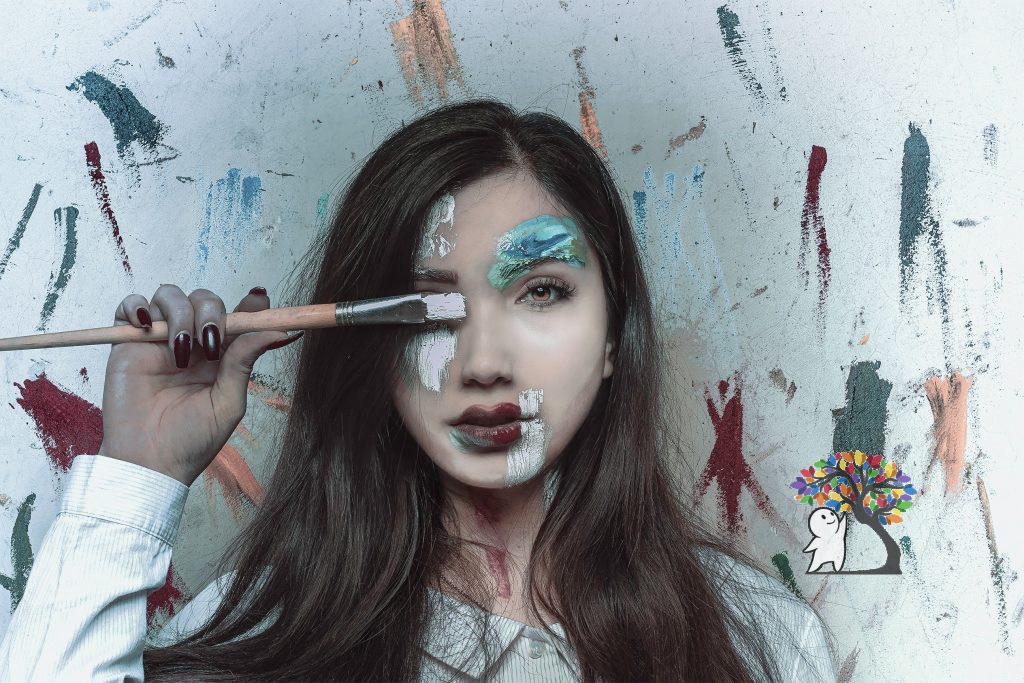
Even if you don’t know someone with it or have it yourself, you’ve most likely heard of bipolar disorder. You may even associate it with it’s commonly known side effects: grand fluctuations in moods and temperament (mood swings), irrational behavior, irritability, anxiety, and suicidal thoughts. It is easy to believe that nothing good comes with the diagnosis, but that simply isn’t true. In this article, I’ll be detailing the reasons why bipolar disorder is more than its negatives. Since I was diagnosed with bipolar, I’ve learned that it’s both healthy and necessary to remember the more positive aspects of the disorder, particularly during tough times. Here’s what I’ve learned:
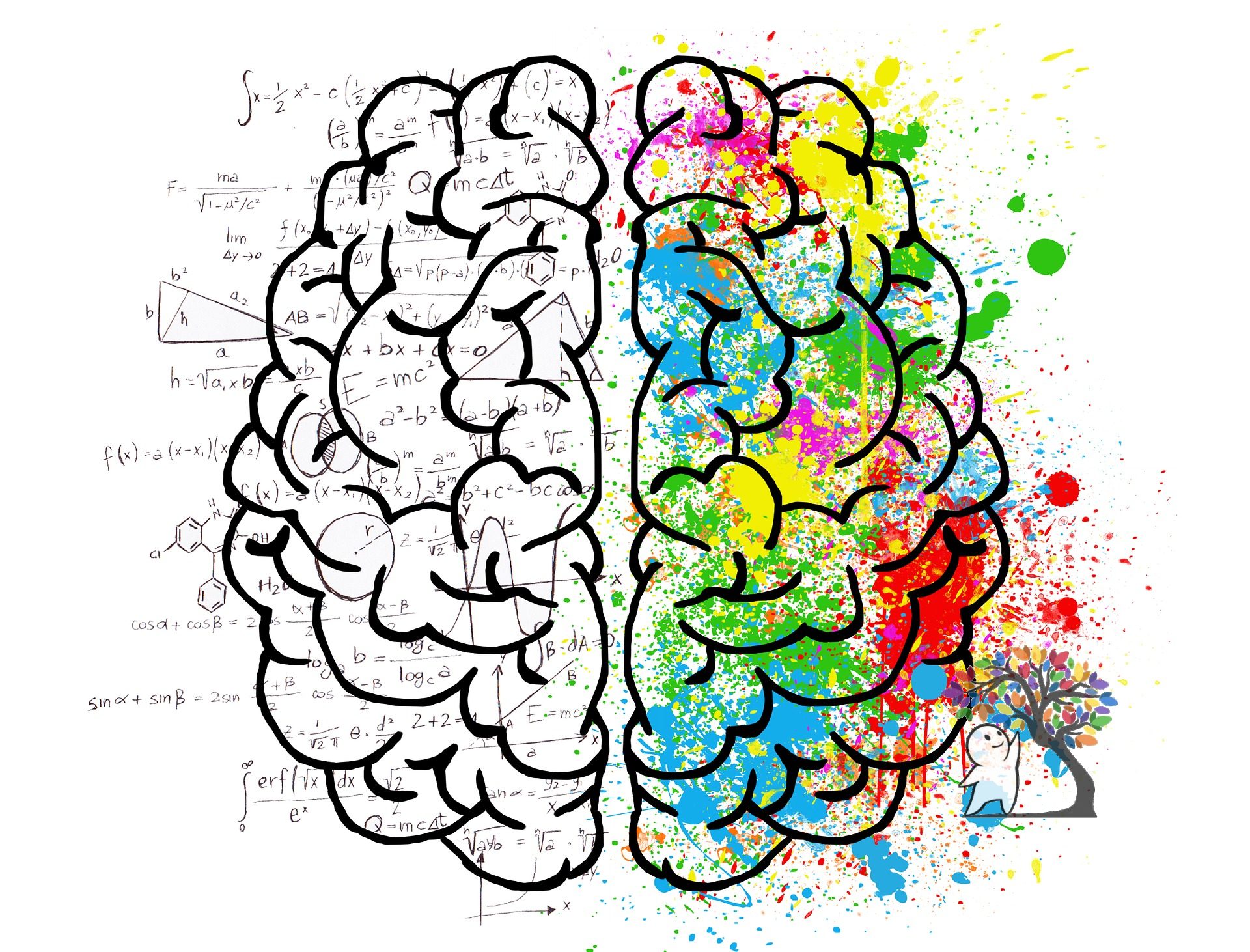
1. Creativity
Much research has been done on the link between bipolar disorder and creativity. You’ve probably heard of a variety of famous creative types who had to navigate through their lives with the mood disorder. Carrie Fisher might be the best-known example; she was a champion of bipolar disorder and worked hard to break the stigma we still fight today, as well as being a talented actress, comedian, and author. She drew on experiences from her own life to be better at what she did, utilizing both the innovative thinking that accompanies bipolar as well as the truth of what bipolar entails. Other examples include Demi Lovato (actress and singer), Robert Lowell (famous American Poet), Virginia Wold (20th-century novelist), and Vincent van Gogh (legendary artist). The connection between artistic and innovative abilities and bipolar disorder most likely lies in our manic or hypomanic episodes. A symptom called “flight of ideas” sends a whirlwind of plans and questions and insights spinning in our brains, along with a burst of energy. It must be noted that not all bipolar people are creative, but research has shown there’s a genetic predisposition to be.

2. Empathy
Because people with bipolar disorder experience such an expansive array of emotions, we have a tremendous capacity to understand what others are going through. We feel things all over the spectrum and can therefore recognize similar emotions in other people. At times I have been bogged down due to continually empathizing with others, and have cursed my empathetic nature. But it is actually incredibly useful! Relating to other people helps me in my work life and my personal life. I am a better person because of my ability to relate to those around me.
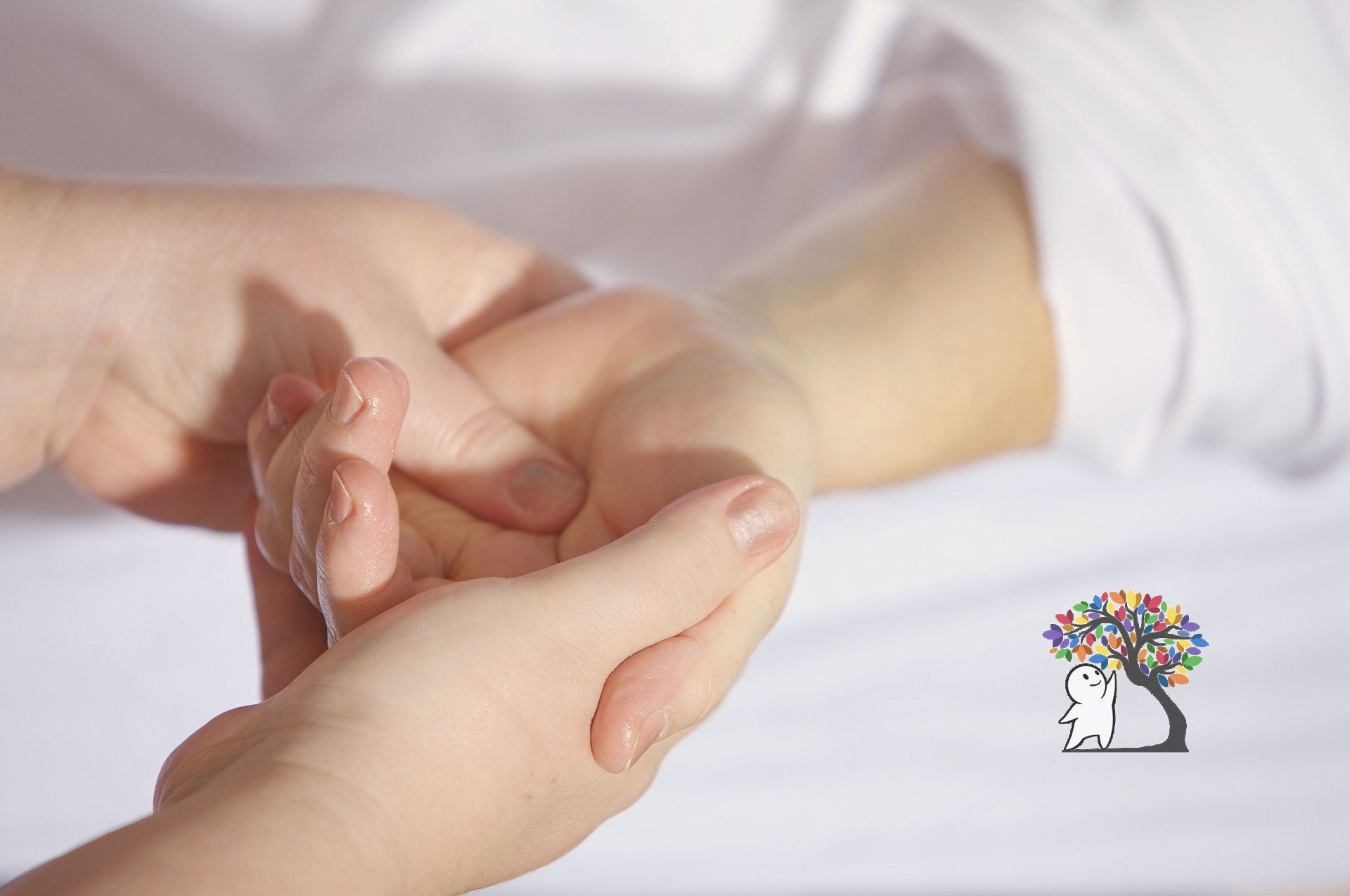
3. Compassion
Compassion is different because it leads us to use our empathy to help others. When we are compassionate, we not only discern feelings in other people but take it a step further by using that understanding to make others get better. In other words, we selflessly strive to make a positive difference. We can probably chalk this phenomenon up to not wanting others to suffer the way we have. Regardless, due to our mental illness, we are in a great position to have a powerfully good influence on other human beings, and more often than not, we seize the opportunities to do so.

4. Feeling everything wholly
It might seem daunting to be at the top of a manic peak feeling like we’re flying a million miles a minute, just as being in the trenches of a major depression seems overwhelmingly hopeless. More than that, the change from one pole to the other is exhausting because cycling through emotions and moods genuinely take a lot out of us. Experiencing the intensity doesn’t have to be all bad, though. I’m not suggesting we must always have an optimistic attitude (sometimes we just need to feel what we feel!), but can’t we also view it as living life to its fullest? Those that only feel slightly, those that don’t get wildly excited or become completely engrossed in their internal world, they’re missing out on what’s on the other side of mildness. The trick, I think, is to try and balance the two opposites.

5. Strength and resilience
It certainly requires a large amount of strength to navigate the treacherous waters of a mood disorder. Getting back on the horse after an episode is difficult, so to do so, and do so repeatedly, is something to be incredibly proud of. The sort of resilience it takes to recover quickly from hardship is a trait not everyone has. But those of us with bipolar have it (because we have no choice) and learn to wield it like the superpower that it is.

6. Friendships
Each emotion runs deep through who we are, so when we feel love, we feel it absolutely. This has the potential to make us the best of friends. As we become closer with other people, we feel the full depth of friendship and what it means. Our intensity is used in the best way possible, and the ties we forge with others are strong from the get-go. Furthermore, because of traits like empathy and compassion, we continually provide understanding and offer help, especially to the ones we care about. Not to mention we’re generally fun to be around (and there’s never a dull moment)!
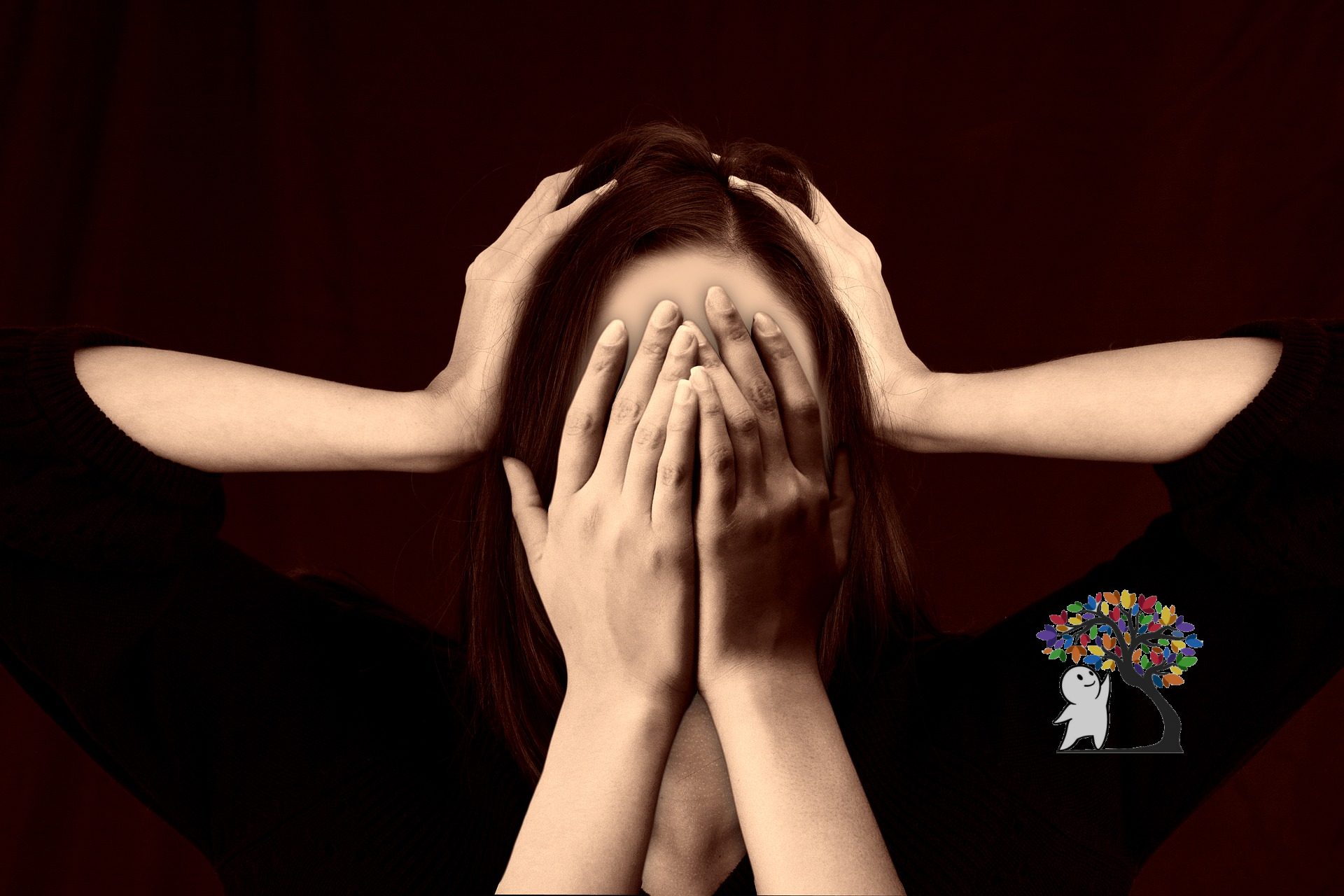
Many of these points might seem subjective. In fact, I think they definitely are. But when it comes to coping with bipolar disorder, or any mental illness for that matter, perspective and personal attitudes play a key role in prognosis.
It isn’t always easy or appropriate to turn the downsides of bipolar disorder into valuable assets, but doing so is a helpful trick to manage what is a challenging and at times all-consuming illness. So next time you’re overwhelmed with bipolar symptoms, try to think of what your disorder has simultaneously given you.
What do you feel are the most positive aspects of bipolar disorder?
If you want to know more about bipolar disorder, this article would be helpful.

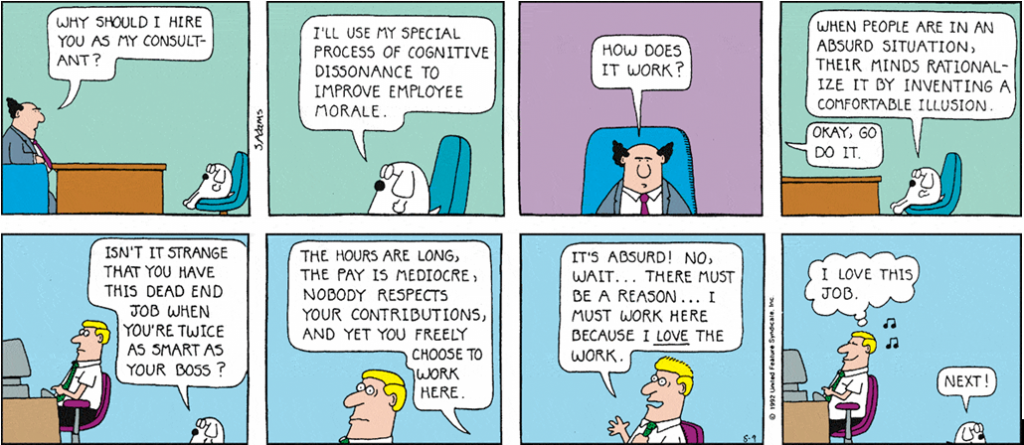



Responses